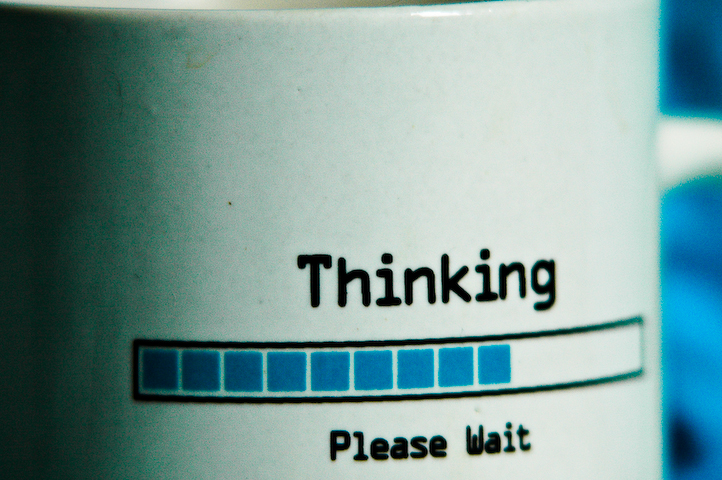The media sector is not exempt from the blockchain fascination: in constant seek of a monolith model that will “save the industry”, newsrooms are intrigued by blockchain promises of novel currencies and transparency. But just like a 30k € bike won’t make you a Tour de France winner, moving your newsroom processes to a blockchain won’t make it thrive automatically. Blockchain is just a tool, so one should question which aims this tool serves and whether there are better solutions at hand. Put bluntly, blockchain is a distributed and (questionably) secure database. Today, its application is tested into numberless industries, but successful case studies are a few (including in journalism, as the report ‘What use is blockchain for journalism’ documents), which alone should ring a bell.
Beware of magic formulas
The biggest misconceptions about blockchain role in journalism I came across
Cryptocurrencies as sustainability wizard: a lot of startups are using ICOs (Initial Coin Offerings) to raise funds. Nonetheless, the phenomenon is already fading: ICOs raised over 58 times less in 2019 Q1 than in 2018 Q1. An ICO advisory firm study documents that 80% of
Tokens as readers’ loyalty guarantee: consider also that on the readers’ side you want things to remain understandable. Buying tokens is still a complicated procedure for the most, as the failure of the first ICO of the journalist startup Civil documents. If what you offer with your token can be easier done with a credit card, then you may be complicating your life.
Blockchain added value for journalism
I prefer to look at blockchain as a tool that supports the optimisation of scarce resources, by distributing power and making the resources generation, distribution and consumption more transparent and in the interest of the many. The ideal context is one where these resources are monopolised, opaque and managed in silos.
So what is the scarce resource of journalism (besides money, of course)? Trust. Trust undermining has many names and manifestations (fake news,
In this trustless panorama, blockchain can’t simply automatise or establish trust: this is a dangerous assumption, as automated systems are not freer from bias and built-in interest than human ones. Blockchain does not validate content either, but it documents the validation: it can’t prove you have a real Van Gogh in your dining room; instead, it records that a human expert certified its authenticity. Realistically, blockchain can support in tackling malfunctions, as well as optimising processes that if improved can enhance trust (yep sorry, things are complicated). If we break down the trust problem, some (find yours!) promising avenues of blockchain for journalism are:
Preserving and documenting delicate content: in face of war conflict, corruption and big platforms automated filtering, storing information in decentralised databases can make it survive and reusable in further articles, legal cases and countries; ultimately this can lead to the positive externality of pushing for accountability of companies and politicians;
Recording a collaborative information-validation chain: blockchain is a specific kind of distributed ledger technology (DTL), that as the name says registers and seals information in time-stamped progressive blocks. Such a mechanism could be helpful in bringing in the same ecosystem and reward content producers, fact-checkers and
Support (not build) membership models: if you really want to go down the cryptocurrency road, then consider that crypto at its best is a tool of economic sovereignty. So your tokens should support members in gaining more agency in the ecosystem, for instance being rewarded for flagging up topics, or providing content, or verifying it, as well as being enabled to interact between them, generating value beyond your imagination.
Great that you are looking into blockchain for your journalism venture: just make sure you are doing it critically, instead of wasting time patching a costly solution to problems that could be solved with a solid database, content quality, newsrooms partnerships or a good readers’ incentive mechanism.
